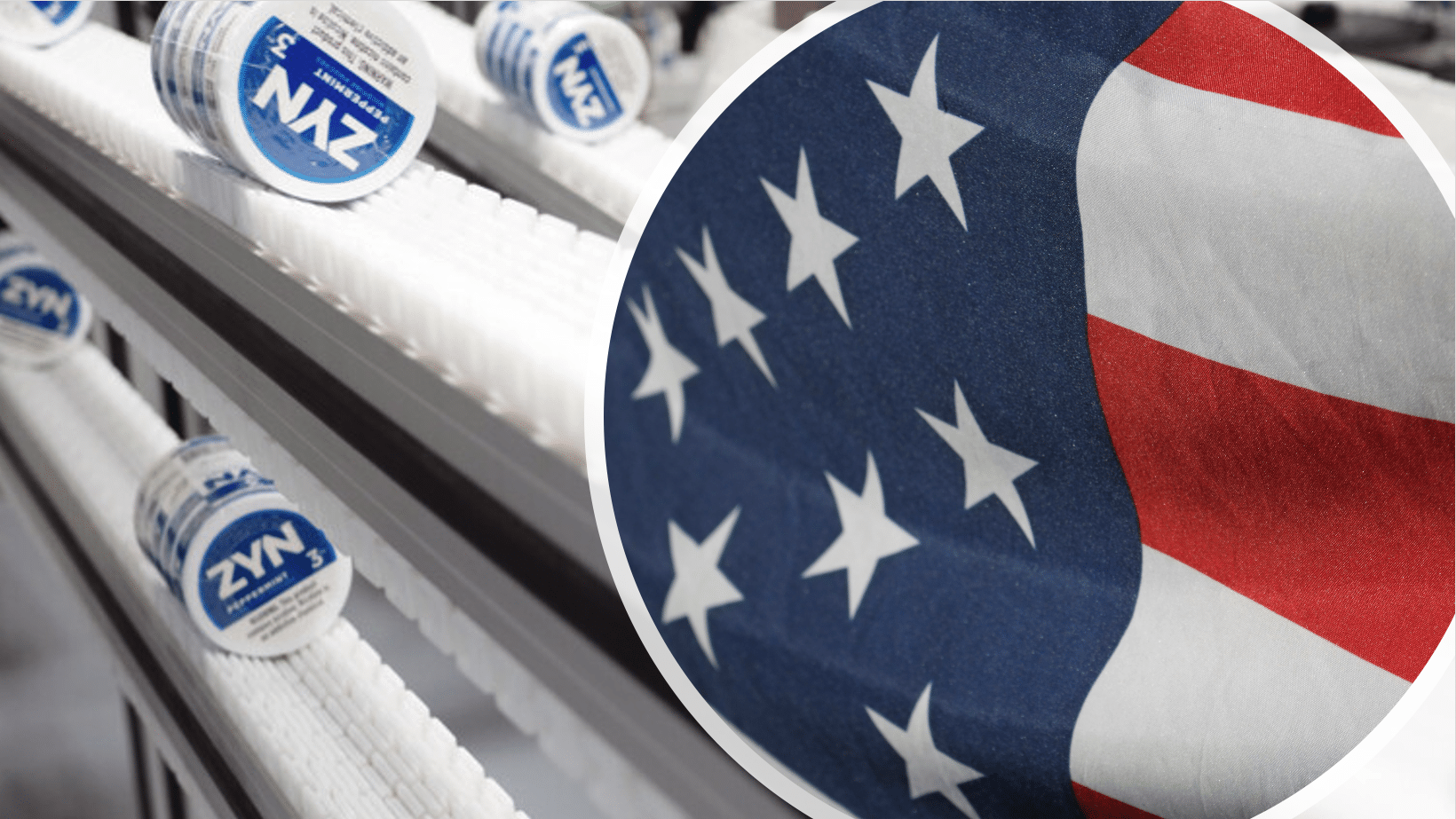
Finland – Bold New Direction on Nicotine Pouches
With Finland’s new coalition government taking the reins, a key decision on the table is regulation of nicotine pouches, marking a shift from previous policies. Does this mark a move from ban to regulation?
In his second month, Prime Minister Petteri Orpo’s government proposes categorizing nicotine pouches under the Tobacco Act. While the previous administration aimed for a ban, the new government proposes to regulate them.
Their focus on curbing youth use and tackling gray market imports diverges from the previous administration’s strict stance.
The New Leadership in Finland Takes a Progressive Approach
Late June reports indicate the new government might treat nicotine pouches like tobacco products. The new administration is comprised of a mix of center-right to right-wing political parties. Outlined in the draft titled ‘Negotiation Results on the Government Program: A Strong and Engaged Finland’, are the following provisions:
- Nicotine pouches will fall under the jurisdiction of the Tobacco Act. The government will implement measures to curb youth consumption, counteract gray market imports, and combat unauthorized trade.
- Retail sales will require a permit, and nicotine content will be regulated in line with standards set by neighboring countries. The government will allow only flavors intended for adult consumption
Despite new discussions on nicotine pouches, Finland’s overarching Tobacco Act still aims to cease the use of nicotine products. Yet, on a global scale, there’s a growing recognition of the value of harm reduction strategies. These approaches prioritize minimizing risks and damage over outright bans. This reflects a nuanced understanding that different substances and products carry varying degrees of harm.
Potential Motivations Driving Finland’s Proposed Policy Shift
The Finnish government’s nicotine pouch tax proposal fits their broader objectives. The Finnish government’s program aims for “fair and open competition” and plans to open markets responsibly.
They have an ambition to bolster the domestic market, ensuring people’s wellbeing, and enhancing their freedom. Strengthened competition, it is suggested, would ultimately benefit Finnish consumers.
Snusforumet observes Finland hasn’t clarified the reasons for its nicotine policy change. By delving into its broader policy trends and international practices, we uncover clearer insights.
- Financial Deterrent: The government’s nicotine pouch tax may aim to deter young people from impulse buying. Still, compared to traditional tobacco products like cigarettes, these pouches might be a more budget-friendly option for adults.
- Nudging Towards Safer Alternatives: The tax might steer smokers to safer nicotine options. Though nicotine pouches aren’t entirely without risks, they’re generally seen as a safer bet than traditional smoking.
- Preventing Black Markets: A well-calibrated tax could prevent the rise of illegal markets for these pouches, ensuring purchases remain within official and safe channels. This could also promote fairer competition.
- Funding Public Health Initiatives: With a broader ambition of enhancing public wellbeing, the proceeds from this tax could potentially reinforce public health initiatives and strategies with the goal of curbing the negative impacts of smoking.
Reetta Honkanen, Senior Officer at the Ministry of Social Affairs and Health in Finland, confirmed the policy shift arises from political negotiations. “Officials are preparing the legislative amendment with a quick schedule,” she noted, “with plans for the Act to enter into force early next year.”
Potential EU-Wide Impact
Finland’s EU influence means its nicotine pouch policy might set a model for other EU nations. Theo Herold, a PhD scholar at Hanken School of Economics, shared his insights: “As the benefits to our economy and public health from this policy become more evident, I’m skeptical that the new government will move towards stricter controls. This evolving attitude could inspire other EU countries to reevaluate their positions on the matter.”
The Swedish Youth Party estimates that Finland’s stringent policies on alternative nicotine products have resulted in an illegal snus trade worth €50 million. Herold’s research for Snusforumet paints a more alarming picture, suggesting a black market turnover of about €100 million. This could mean potential annual tax revenues nearing a €70 million, indicating the financial implications might be even more significant than initially anticipated.
The government earns from this sector only when sellers are penalized and pay back taxes. This underscores the urgency for revisiting and revamping regulatory frameworks.
The Road Ahead: A Changing Landscape for Snus and Nicotine Pouches in Finland
Many snus and nicotine pouch enthusiasts show keen interest in this policy pivot. But the outcome is yet to be seen. Will others seeking a balance between public health and individual freedom use this Nordic nation’s approach as a compass?
As Finland charts this course, Snusforumet remains committed to offering precise and timely updates. We welcome contributions from a broad spectrum of voices, from experts to policymakers, to enrich this ongoing discourse.
Note: This article draws its perspectives from current information and firsthand accounts. As the narrative unfolds, these viewpoints might shift accordingly.




